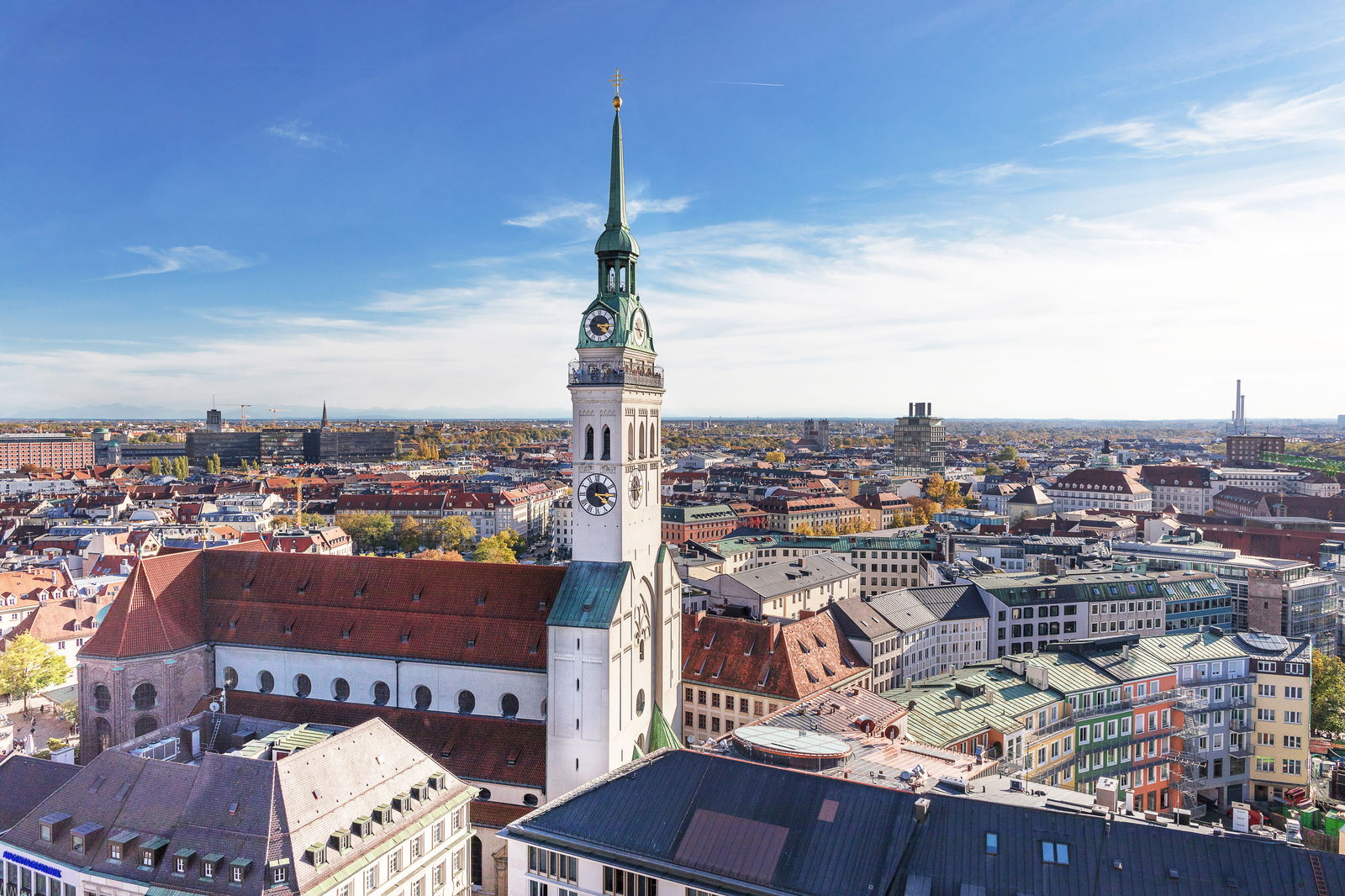Working in Konstanz
Konstanz - an ancient city with a state of the art university

The city of Konstanz is a hub for the pharmacological and biotechnology industries © LUM3N / pixabay.com
Konstanz is an ancient town which lies on the border between Germany and Switzerland. In English it shares its name with the lake on which it sits, Lake Constance, although in German, the connection is not so obvious as the German name for the lake is the 'Bodensee'. It is home to one of the most prestigious universities in Germany, making it an obvious destination for many academics. Its location and architecture also make it particularly beautiful.
Updated: 2025-06-10
Konstanz as a research location
Konstanz is one of many university towns in Germany, but stands out due to its academic excellence. It was one of the eleven universities of excellence elected by the German Universities Excellence Initiative to receive the maximum amount of funding, meaning the university is able to provide outstanding facilities and many opportunities to receive research funding to its students.
In 2025, at the University of Konstanz owns three Collaborative Research Centers, two research units, eight research centres, four research training groups as well as six graduate schools. The research focusses are:
- Cultural Studies
- Social and cognitive sciences with a focus on inequality research
- Collective behavior and ecology
- Chemical biology
- Nano- and material sciences
Konstanz also has an University of Applied Sciences, the Hochschule Konstanz – Technik, Wirtschaft, Gestaltung, which runs courses and research into a number of fields, including engineering, computer science and the social sciences.
Research at the University of Konstanz
History
There is evidence that modern Konstanz lies on the site of a Stone Age settlement and some prehistoric remains that have been discovered on the banks of Lake Constance are part of a UNESCO world heritage site.
The settlement was then taken over by the Romans, and this is where the modern town's name came from, perhaps after the Emperor Constantius Chlorus. In the Middle Ages, Konstanz became a centre for religion and at one point a quarter of the citizens were exempt from tax due to being members of the clergy.
Throughout its history the town has been on the peripheries of the larger events of German history, and even tried to become part of Switzerland around the time of the Reformation but, having been rejected, sided with the protestants. The town retains its Medieval charm due to its proximity with neutral Switzerland which meant it wasn't bombed in World War Two.
Living in Konstanz
Considering the town itself is quite small, Konstanz has one the largest old towns of any German city and the amazing architecture and winding medieval alleys give it a particularly charming feel. Many individual quarters of the town have their own long histories and it is no surprise that there are plenty of great flats in old buildings, if you are willing to pay a premium.
Konstanz is a great town for anyone interested in culture and the arts. It is home to the oldest theatre in Germany that is still putting on productions and there is a multitude of galleries and museums. The Wessenberg Gallery often has exhibitions with a local flavour and you can learn about the ancient history of Konstanz at the Archaeological Museum. To see the more recent history of the town, you need only look at the architecture which documents all the major styles ranging from Medieval to Baroque and some very fine examples of Jugendstil (German Art Nouveau) buildings.
Konstanz's location both on the banks of Lake Constance and its proximity to Switzerland have come to define it. The transport connections with Swiss towns are extensive, meaning it is very easy to pop over the border for a day. As well as being a beautiful spot to relax around in the summer, the lake also offers the possibility to travel around the area on one of the numerous ferries, if you are looking for a more leisurely way to travel.
What Konstanz is known for
Konstanz is famous in Germany for having been the home of the inventor of the airship, Ferdinand von Zeppelin. He was a famous character at the time and there are still plenty of chances to take zeppelin rides over Lake Constance. Sadly, at that point he did not realise that the airships should not be filled with hydrogen and eventually this lead to the Hindenburg disaster twenty years after his death.
The locals in the area speak Low Alemannic German which is characterised by lots of hard 'k' sounds. But of course just over the border, they speak Swiss German, which is a whole other language. In comparison, therefore, the dialect is pretty easy to pick up.








